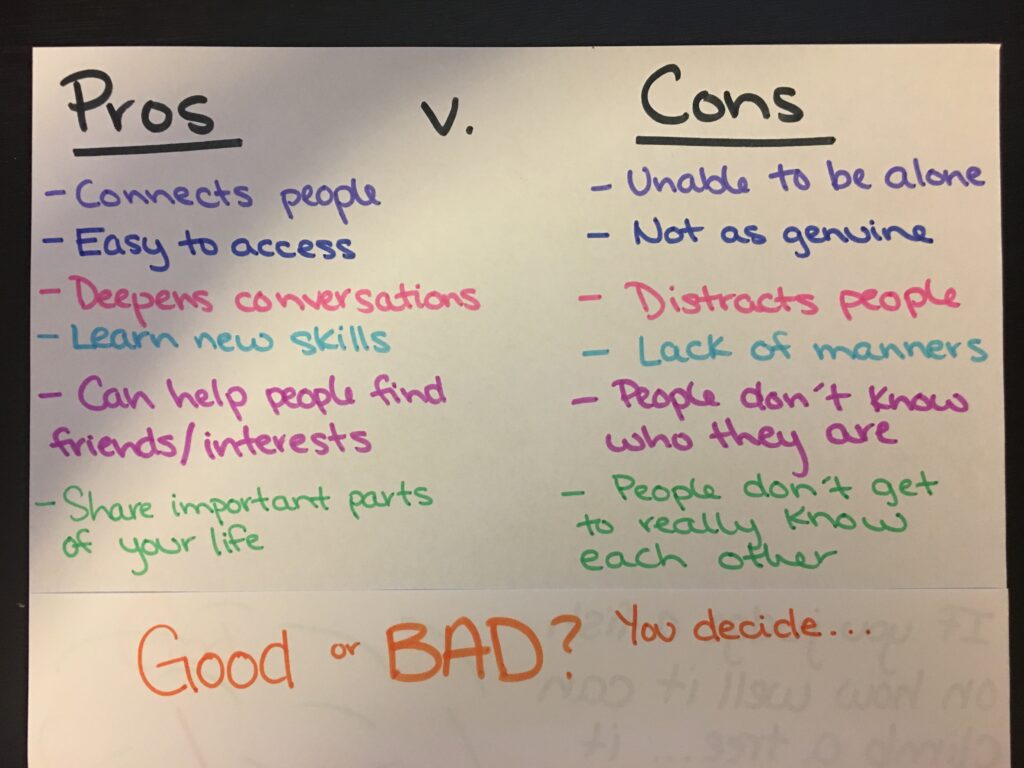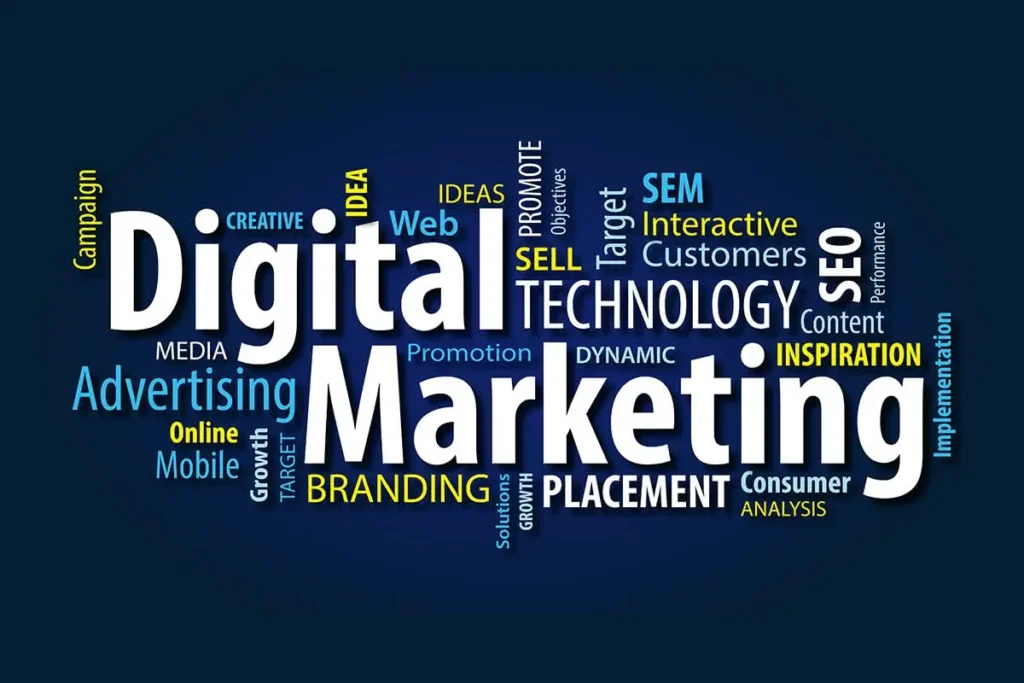Technology has transformed numerous industries in recent years, including financial services, food production, transportation, telecommunications, and agriculture. The real estate sector is no exception. Today, homebuyers and sellers have unprecedented access to critical information that simplifies the process of buying or selling property. Below, we explore how technology is revolutionizing the real estate industry globally.
The Smart city concept stems from the technological advancements characteristic of the 21st century.
Real Estate Listings on the Internet
The days of relying solely on classified ads in newspapers and magazines are over. Dedicated real estate websites now provide comprehensive property listings globally. Whether you’re searching to rent or purchase a home, these platforms offer easy and instant access to available properties business.
Online listings are highly customizable: you can filter searches by square footage, number of floors, rooms, amenities, and preferred locations. Listings also include nearby landmarks and distances to essential services such as hospitals, schools, police and fire stations, and supermarkets. Many listings now incorporate interactive maps and virtual tours, enhancing the property viewing experience.
With detailed information readily available online, buyers often need only to contact sellers directly, saving time for both parties. Sellers benefit by avoiding repetitive inquiries, as all key property details are presented upfront within the listing.
Companies That Buy Houses Online
Selling a house can be challenging, especially during a housing shortage or if the property requires repairs or is in foreclosure or bankruptcy. In such situations, companies that buy homes online offer a valuable solution by purchasing properties quickly for cash.
These firms actively seek properties in targeted areas to buy. Sellers can request an evaluation visit, after which the company may present an offer based on the home’s current condition. It’s essential to research and select reputable house-buying companies to ensure a smooth transaction. Many of these companies promote their services online, making it easier for homeowners to connect with trustworthy buyers.
Virtual and Augmented Reality in Real Estate
Traditional property showcases remain popular, but virtual tours have become a game-changer, especially when sellers, brokers, or agents cannot be physically present. Real estate virtual tours provide immersive views of a property’s interior, exterior, and key features, helping sellers stand out in a competitive market.
Thanks to 360-degree photography and virtual reality (VR) technology, prospective buyers can explore homes remotely, even in their pre-construction stages. This enhances buyer engagement and makes onsite visits more targeted and effective.
Environmentally Friendly Construction
Technology also drives innovation in sustainable and green construction techniques. Environmentally friendly building practices rely on advanced materials and intelligent designs that promote longevity, cost-efficiency, and occupant health. Key features of green construction include:
Use of Solar Panels for Electricity Generation
- Cool roofing materials that reflect sunlight and reduce heat absorption to lower energy bills.
- Biodegradable materials such as bamboo, mycelium, and sustainably sourced lumber that minimize landfill waste.
- Electrochromic smart glass that blocks solar radiation, optimizing natural lighting while reducing heating, ventilation, and air conditioning (HVAC) costs.
- Rainwater harvesting systems that promote efficient water conservation.
- Prefabricated construction methods that reduce onsite waste and workplace injuries by fabricating components in controlled factory settings.
Fintech Alternatives in Real Estate Financing
Financial technology (fintech) platforms are reshaping financing for homeowners and commercial property investors alike. Online lenders offer alternative funding options for construction projects and mortgage loans with more flexible documentation requirements than traditional banks.
These fintech solutions provide faster application processing times and accessible loan products tailored for purchasing materials, equipment leasing, and project development. By leveraging fintech, developers and buyers can accelerate their projects and secure funding more efficiently.
Marketing on Social Media
Read More: Ways to find motivated sellers of real estate
Social media platforms have become essential marketing channels for real estate businesses worldwide. With users spending increasing amounts of time on social networks media profiles, platforms like Facebook Business Manager allow companies to target ads to specific audiences as they browse their feeds.
Real estate agencies, developers, and even municipalities create social media pages to showcase listings, share news, and engage with prospective clients. These interactive digital spaces invite feedback and inquiries while offering a cost-effective avenue to expand brand reach and customer engagement industry.
Signing Electronic Documents
Advancements in electronic signature technology have simplified the paperwork process in real estate transactions. Sellers, buyers, agents, and other parties can upload documents in multiple formats and sign them digitally, eliminating the need for face-to-face interaction.
Many e-signing platforms support typing, drawing, scanning, or uploading a signature, ensuring security and legal compliance. This technology reduces administrative burdens and accelerates transaction timelines for all stakeholders.
Conclusion
Technology now permeates every aspect of the real estate industry—from property listing and marketing to financing, construction, and transaction management. These innovations provide cost-effective solutions that facilitate better communication between buyers, sellers, and agents, fostering stronger relationships and enhancing the overall customer experience.
Author Bio
Muhammad Junaid is a Senior Analyst and Search Engine Optimization expert with extensive experience as a lead writer for Estate Land | Taj Residencia. He has collaborated with both local and international enterprises and represents prominent brands in the UAE.
If you want to learn more about What Is an MLS in Real Estate, please visit our comprehensive Real Estate category.
Frequently Asked Questions (FAQs)
Technology has streamlined home buying by providing easy access to property listings, virtual tours, online financing options, and digital document signing, making the process faster and more transparent.
Virtual tours use 360-degree photography and VR technology to showcase properties online, allowing buyers to explore homes remotely, which saves time and increases buyer engagement. Sellers benefit by attracting more qualified prospects.
Green construction refers to building practices that use sustainable, eco-friendly materials and systems designed to minimize environmental impact, reduce energy consumption, and promote healthier living environments.
Fintech platforms offer faster, more flexible financing alternatives to traditional banks, facilitating quicker approvals and more accessible loans for property purchases and construction projects.
Yes, electronic signatures are legally binding in real estate when compliant with relevant laws and regulations, providing convenience and security in document execution.



